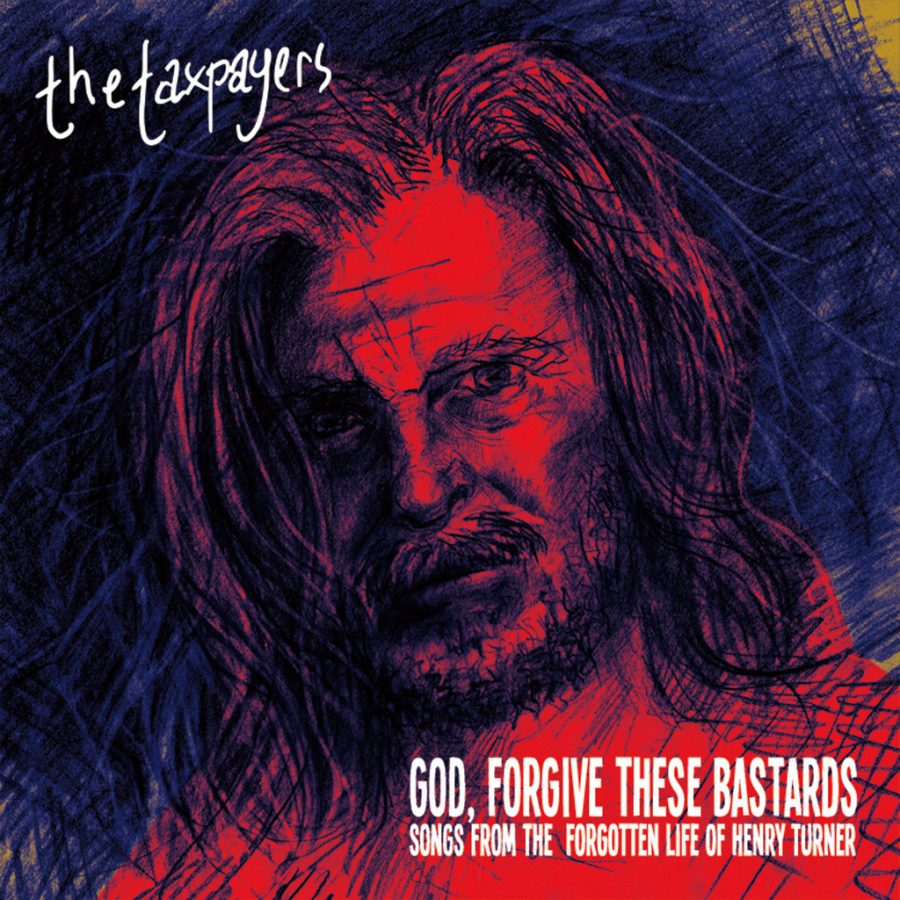Although the album, “God Forgive These Bastards” Songs From the Forgotten Life of Henry Turner contains some of The Taxpayers most popular song, the album as a whole doesn’t sound like it should ever be appealing to anyone. Abrasively loud and chaotic songs such as “Atlanta’s Own” which seem to change genre on a dime intermingle with catchy and slightly upbeat tunes such as “Hungry Dog in the Street” and songs with lyrics that make you shiver such as “The Carriage Town Clinic” which describes a state mental institution from the point of view of a patient.
Leave it to a folk punk band to write an album about living in squalor and bad things happening to people to who play sports. The entire album is the story of a man named Henry Turner, a once-college-baseball-star who suffered an injury in his prime and fell into a life of squalor. Henry Turner is the fictional
I like this album specifically because it does what a lot of music in this genre just doesn’t do, which is attempt art. Most folk punk bands are content to just yell into their microphones about how upset they are about this or that but, for this
Perhaps he just really wanted to tell the story of a homeless man to humanize a class of people that may actively try not to think about, and it’s likely that he didn’t want to sugar coat the story at all and wrote it as graphically and as realistically as he could. But, if that was the case,
The album ends with a sort of upbeat tune playing in the background of an interview with a man who claims to have known Henry Turner in his childhood. This man has lived his life pretty independently of Henry Turner’s out of control spiral of doom and depression. The man doesn’t hate







